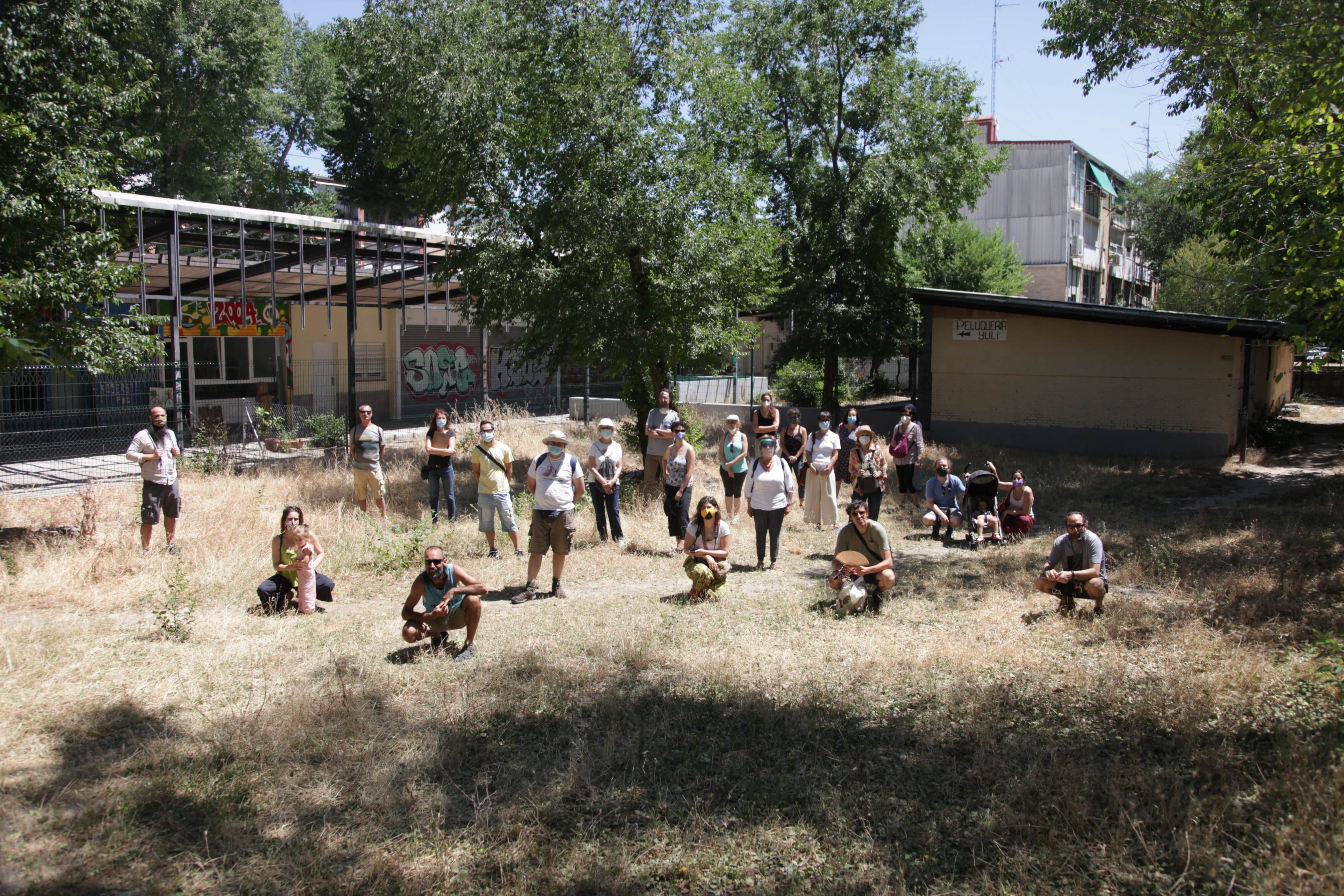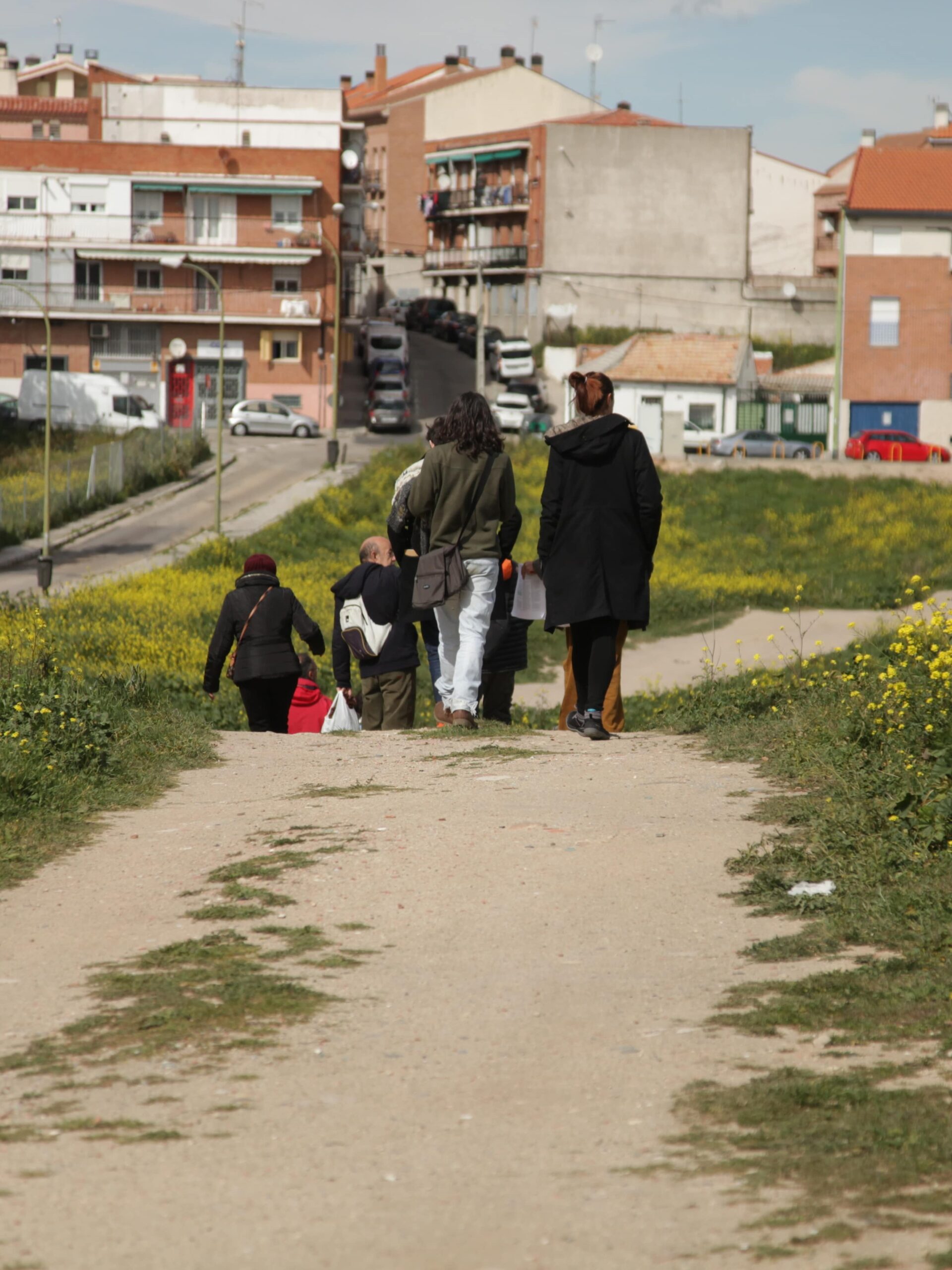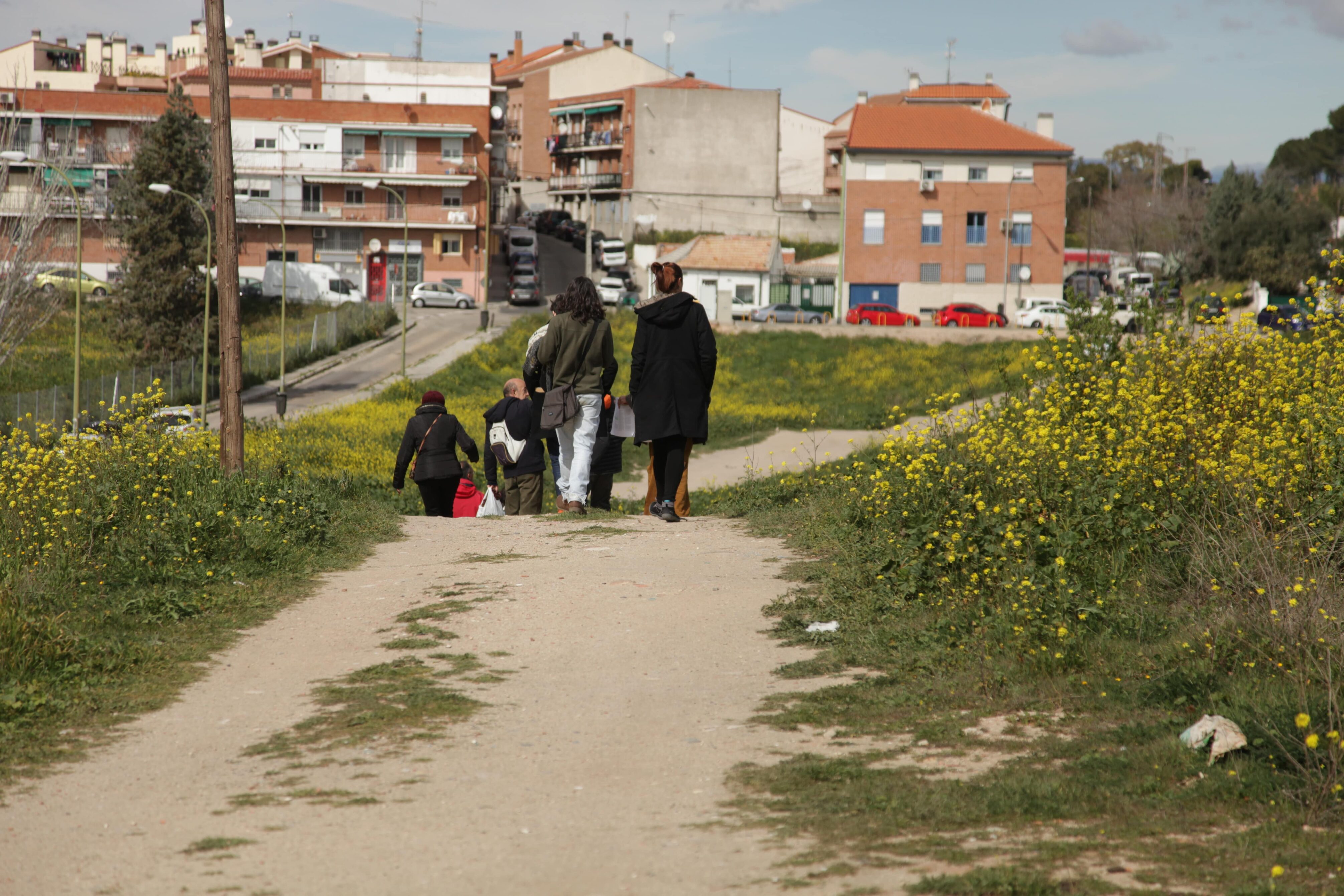
Curated walks in Madrid’s Fuencarral neighbourhood to rediscover the natural and cultural heritage of its streets
Sendas (o)Cultas is a research project based on practice through different artistic and educational disciplines that provide a critical and reflective look at the disconnection we maintain with the urban nature of our environments.
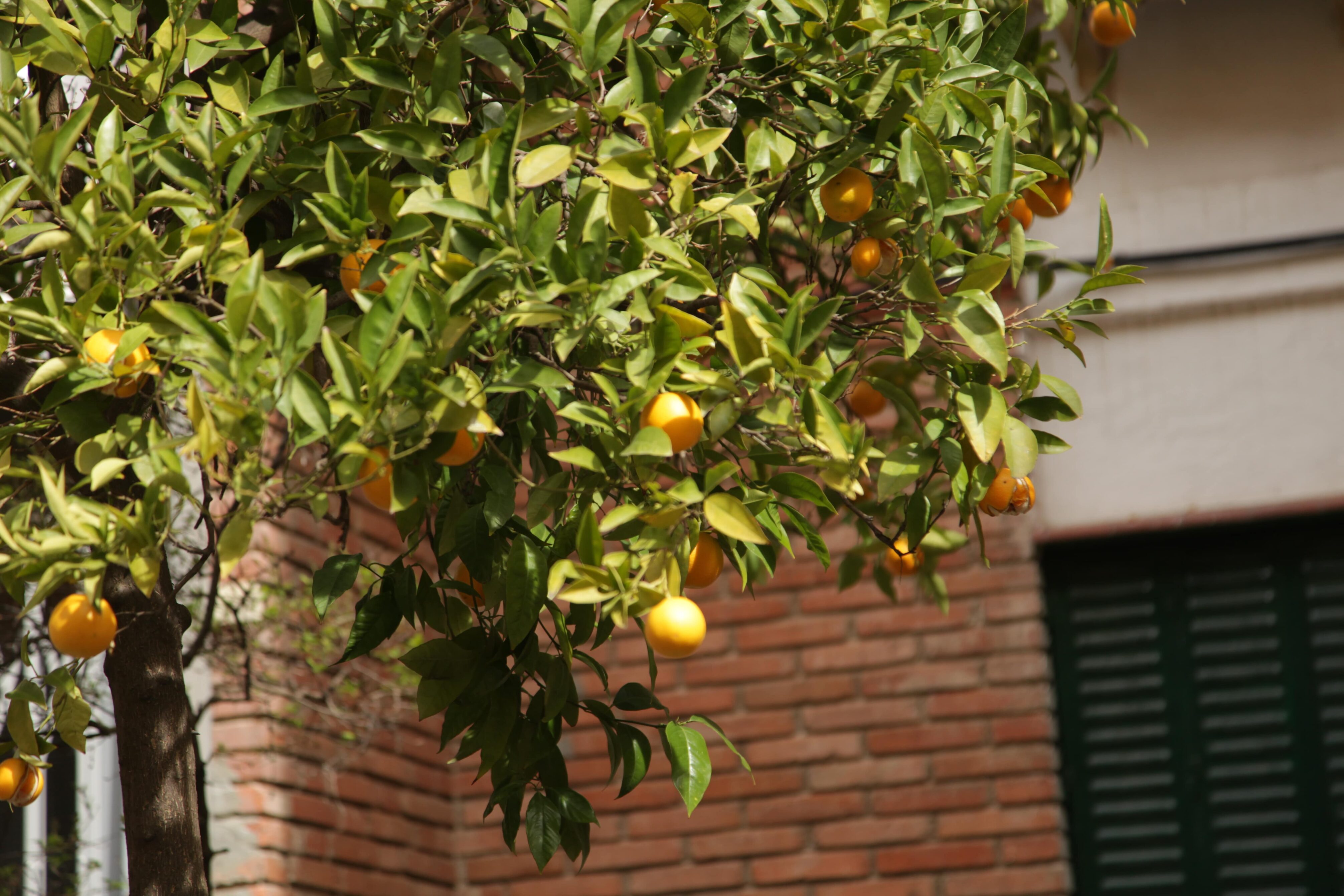
The aim of Sendas (o)Cultas is to inventory the good environmental, social, artistic and educational practices that take place in neighbourhoods (allotments, meeting places, self-managed centres, community gardens, open spaces, neighbourhood actions, etc.), record them by creating a toolbox (maps, sound files or other formats) and use these learnings to apply them in forgotten spaces in the neighbourhood. The Fuencarral district was chosen for the development of the first path, specifically a strip of land between the wasteland of the future Chamartín operation and the old Fuencarral settlement.
Sendas (O)cultas Fuencarral is a project of Ciudad Huerto, a training itinerary that brings together the learning and experiences of community gardens in the city of Madrid. The project was born with the idea of being able to replicate the methodology in different neighbourhoods of the city.
But, how do we clear these hidden paths?
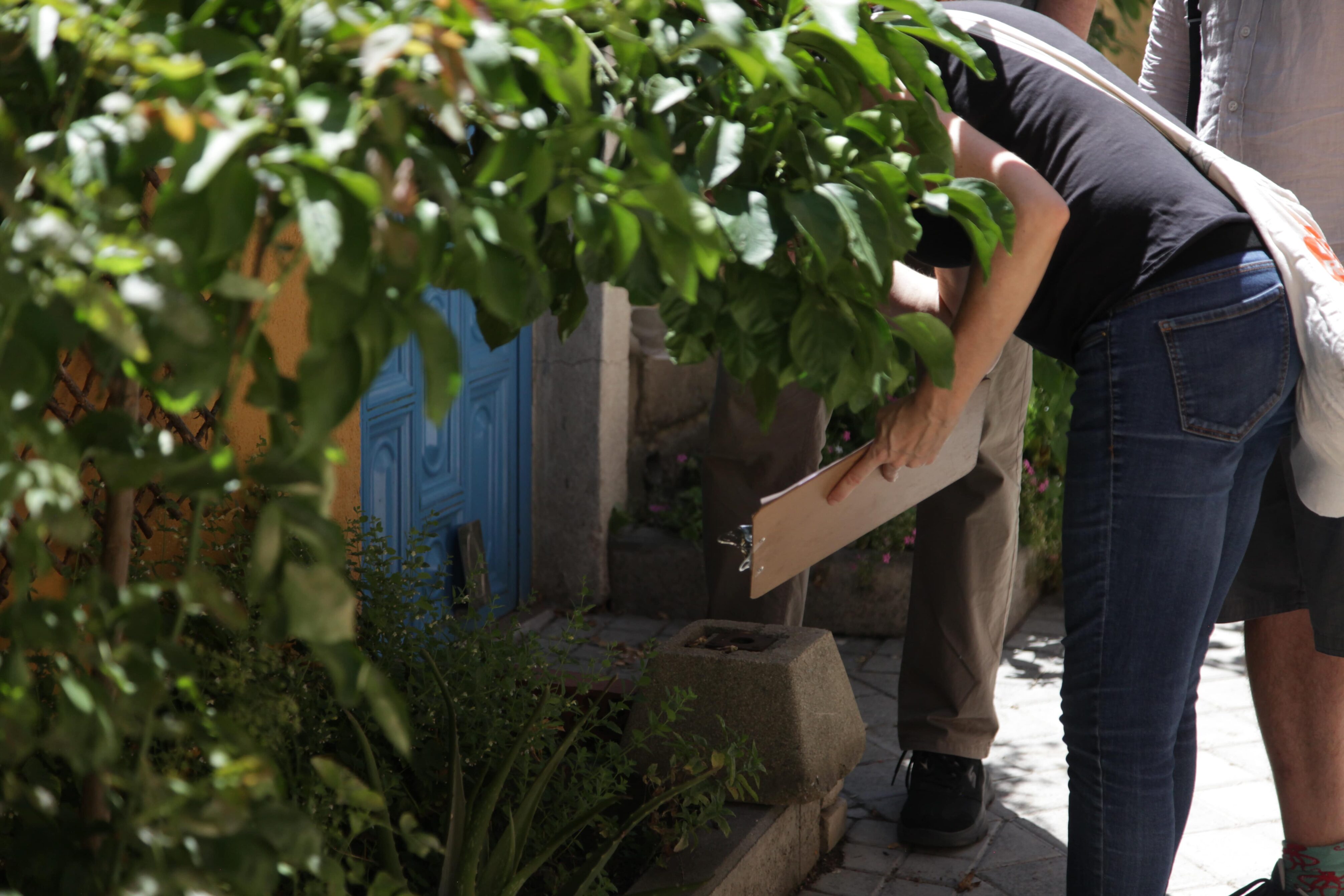
Initiatory routes
In the first phase of the project, ‘Initiatory routes’, important agents in the neighbourhood are asked to guide us along a personal or thematic itinerary. These walks are done collectively, contacting neighbours and collectives who live in these corridors or who know them because of their connection with the territory. We work with physical and digital research, mapping urban nature, but also cultural projects or human landscapes.
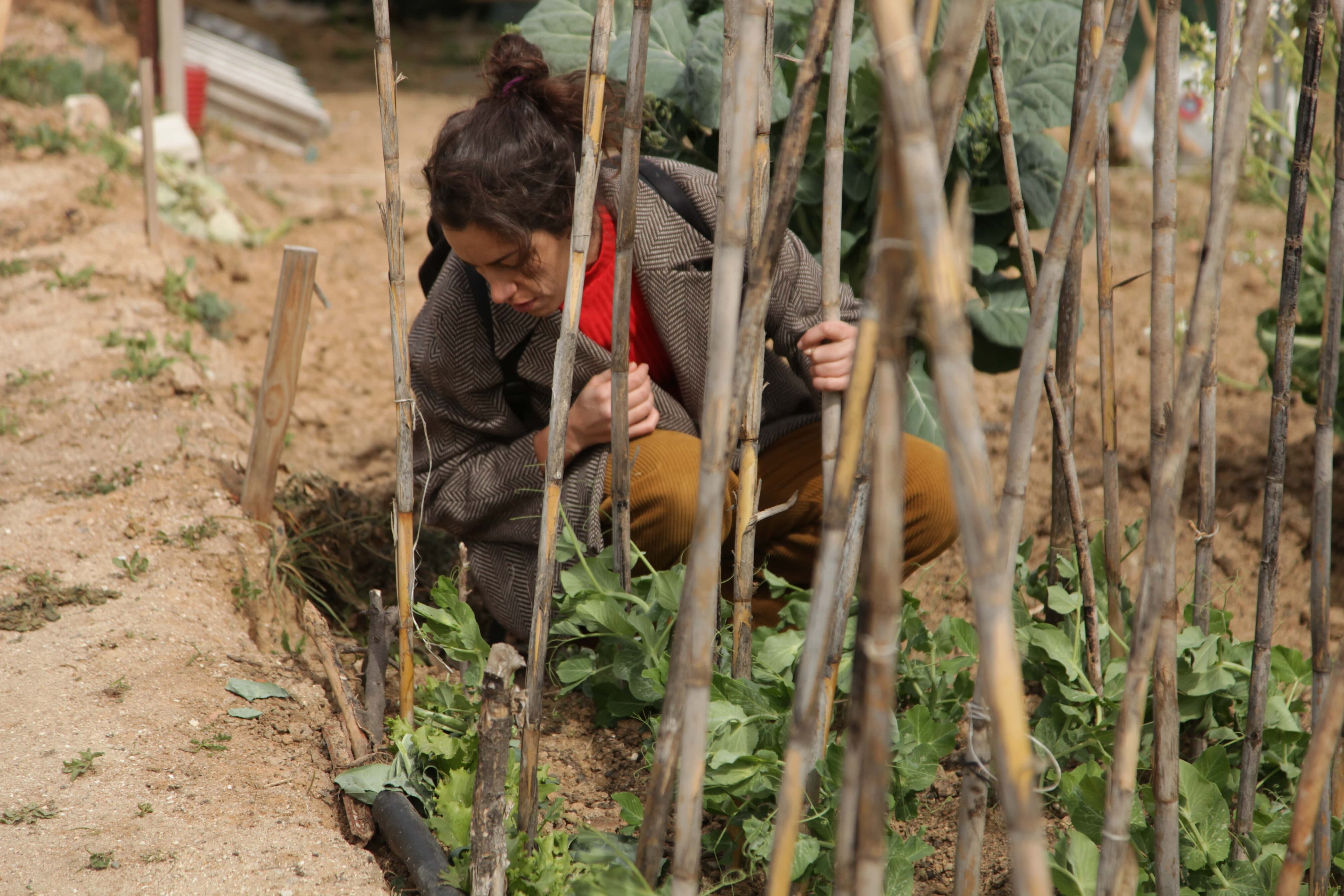
Extracting learning along the way: The toolbox
The second phase of the project consists of identifying and translating the data extracted from the mapping of the paths into formats that make it possible to transmit what has been learned in a clear and concise way: digital maps, catalogues, sound files or manuals. The new ecological corridors identified hide a large number of intelligences (endemic species, citizen innovations, urban ecosystems) and it is part of the project to be able to identify them in order to make them useful on an urban scale.
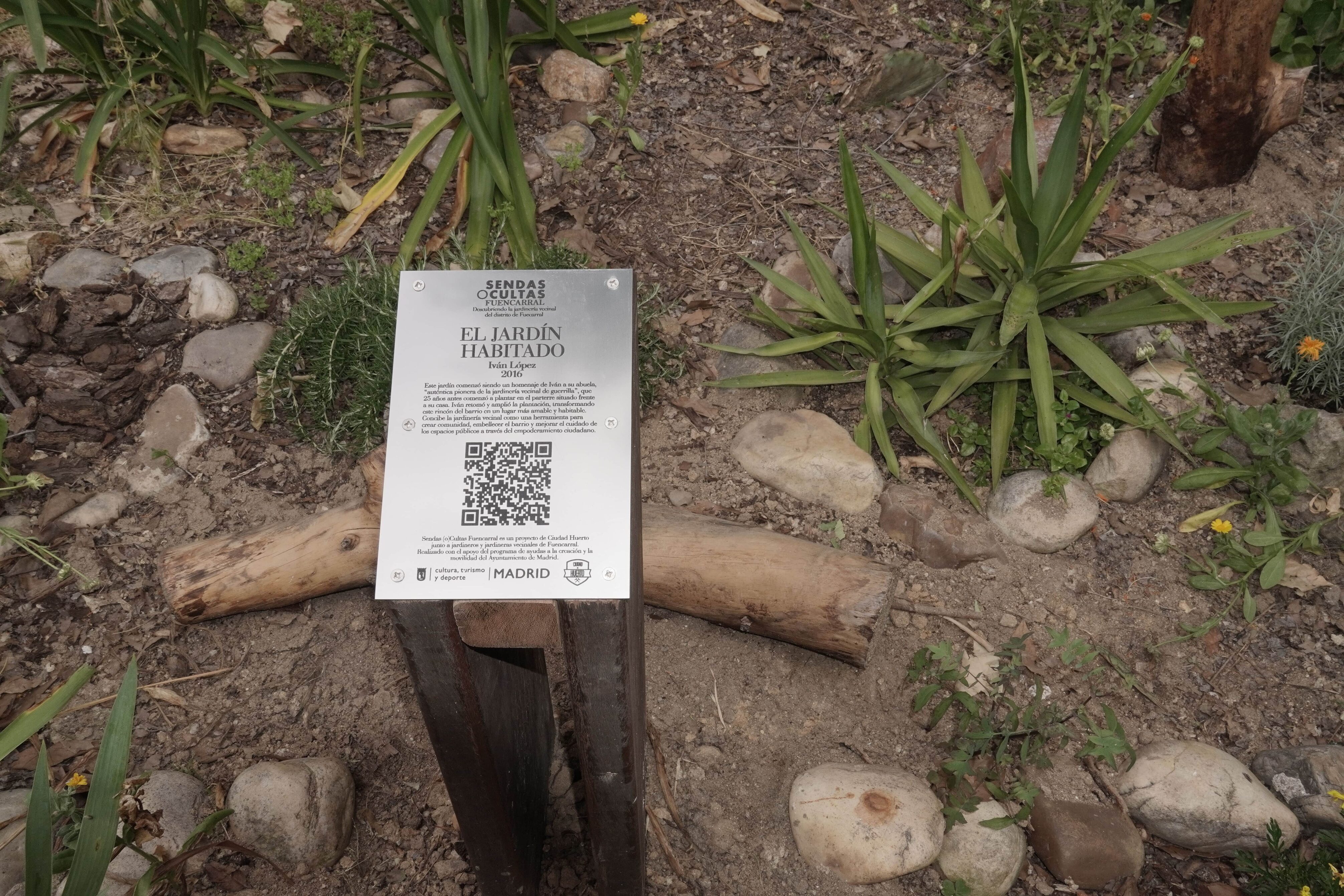
Cultural and artistic interferences
In a third phase, artists, botanists and urban culture experts are invited to help us find and make visible the paths towards a city that is friendlier and more respectful of its surroundings: searching for hidden waters, discovering the origins of the flora of our neighbourhood through music or composing a collective sound score are some of the inspiring actions that we carry out on the territory we have travelled through.
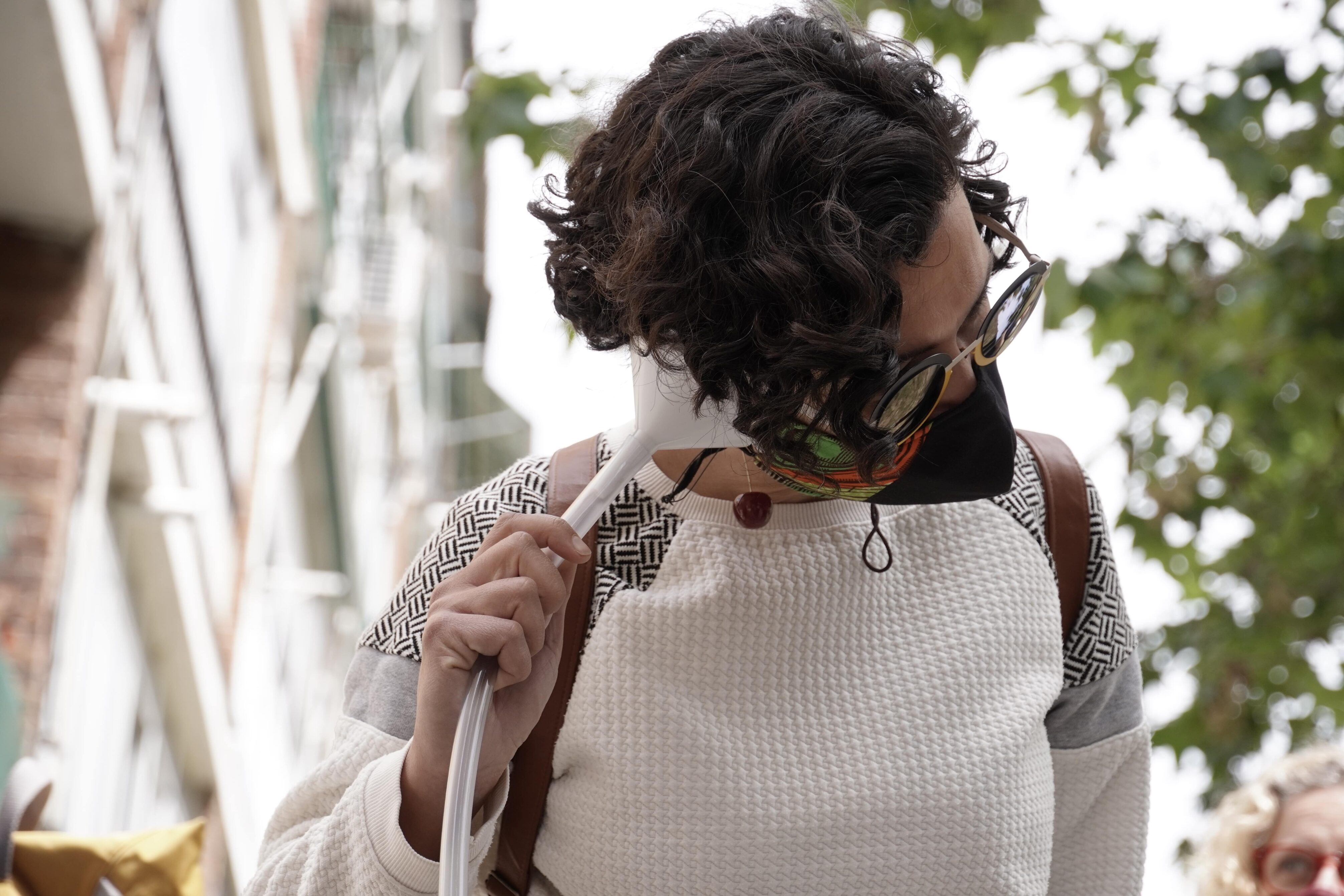
Sendas (o)Cultas Festival
The result of this year-long research work was concentrated in the ‘Festival Sendas (O)cultas: Caminar para revelar’, an open-air festival to celebrate and discover what often goes unnoticed. It took place from 22 May to 4 June 2021 and involved walking through the village neighbourhood in search of hidden streams, forgotten stories of former settlers and the plant symphonies hidden in the neighbourhood gardening of its streets.
In addition, three actions were programmed as an artistic ‘distillate’ to be developed in the neighbourhood. Once we had catalogued the PONC (Points of Naturcultural Oblivion) that we discovered in the different thematic itineraries carried out, and using the learning gathered in the toolbox, interventions were carried out in these PONC, such as the installation of totems and plaques in the neighbourhood gardens or the collective planting of fruit trees in the inter-block spaces.
The aim of Sendas (O)cultas is not only to recover and enhance the value of these spaces and practices, but also to encourage dialogue and citizen participation in the construction of more sustainable, just and liveable urban environments.
